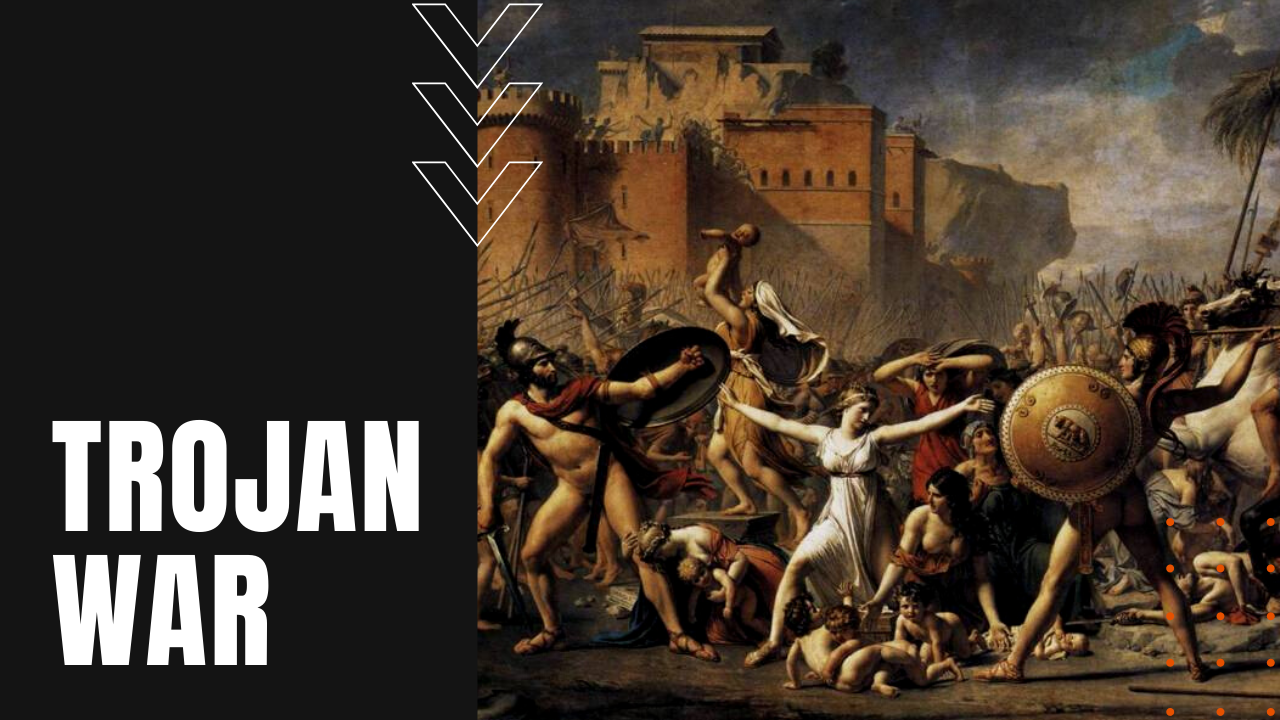The Trojan War

Was the Trojan War Real?
Although the lines between true history and mythology cause frequent debate amongst academics, the Trojan War was a Bronze Age running battle between the kingdoms of Troy and Mycenaean Greece, forever cemented in early literature by ancient writers such as Herodotus, Sophocles, Virgil and Homer, the later recounting the Trojan Wars some 400 years after the fact in the “Iliad” and the “Odyssey.”
Helen of Troy
The Trojan War began after the abduction or elopement of Queen Helen of Sparta by Trojan prince Paris, whose jilted husband Menelaus convinced his brother Agamemnon to lead a massive expedition to retrieve her.
Joined by the warrior likes of Achilles, Odysseus, Nestor and Ajax, the war party was accompanied by more than 1,000 ships from the Hellenic world, who sailed across the Aegean Sea to demand Helen’s return by Priam, the king of the Trojans.
The Trojan Horse
Over the next ten years, the Trojan War would see pitched battles and random skirmishes, which led to the storied deaths of Trojan prince Hector and the nearly-invincible Achilles, which came to an end when the Greeks retreated from the gates of Troy, but not before leaving a gift of a large wooden horse.
The horse caused much debate by Trojan leaders, including unheeded warnings by Priam’s daughter Cassandra, and after the massive gift was pulled inside the city walls of Troy, upon nightfall, Greek warriors led by Odysseus, climbed out of the horse to lay siege upon Troy from within.
After the Trojan’s defeat, Odysseus and his men took another ten years to make their way home to Ithaca, as recounted in Homer’s Odyssey. As for Helen—the sole ignition point of so much protracted bloodshed—after two successive Trojan husbands were killed during the war, she returned to reign with Menelaus until his death. After Menelaus was no more, some historians believe she was exiled to the island of Rhodes, where Menelaus’ vengeful war widow had her put to death, bringing new meaning to old adage, “Hell hath no fury like a woman scorned.”
